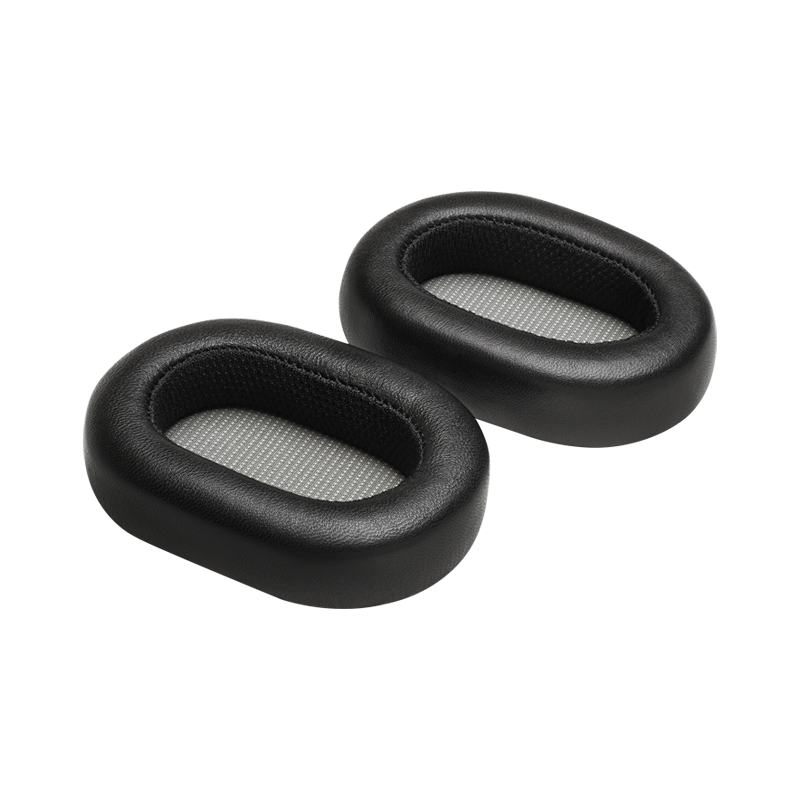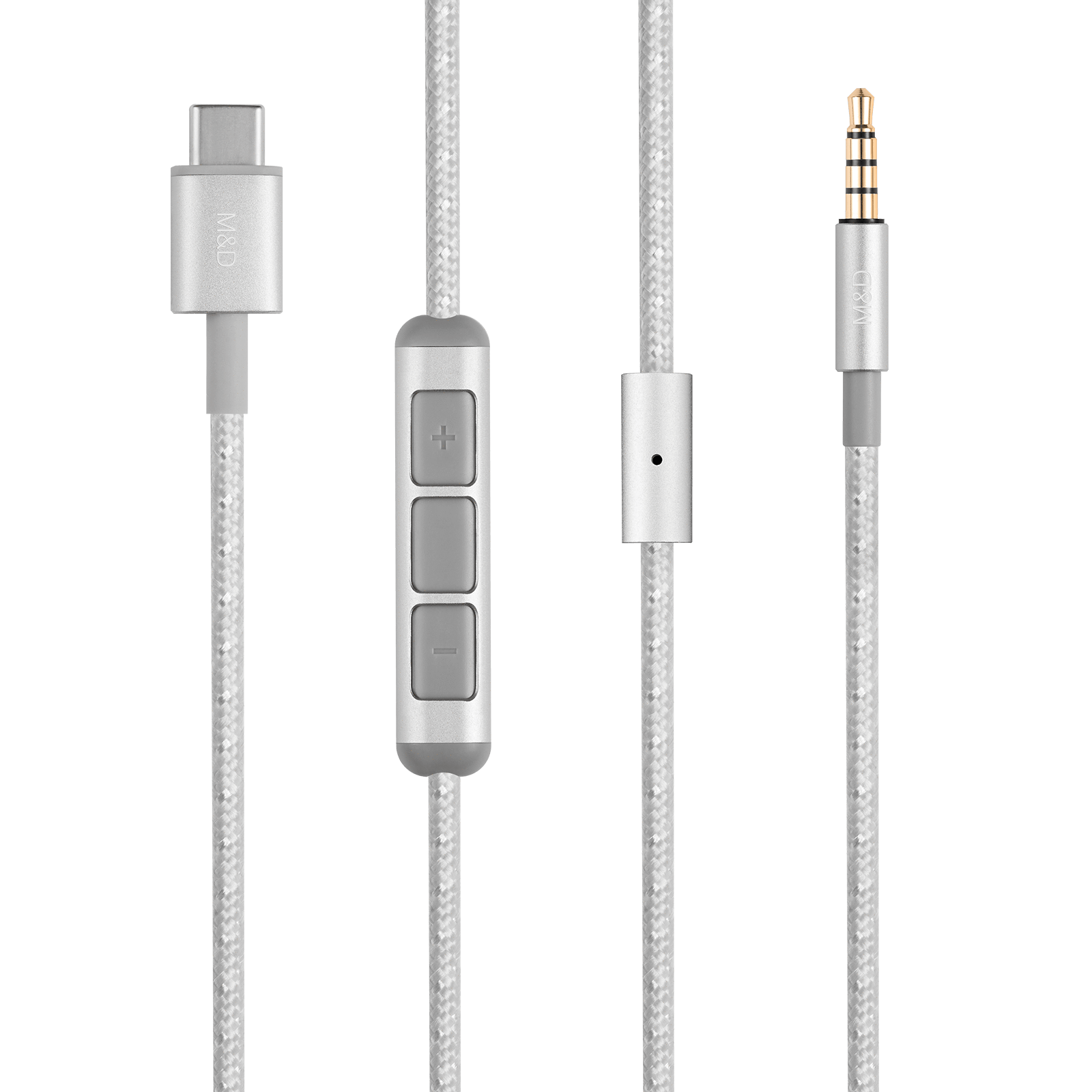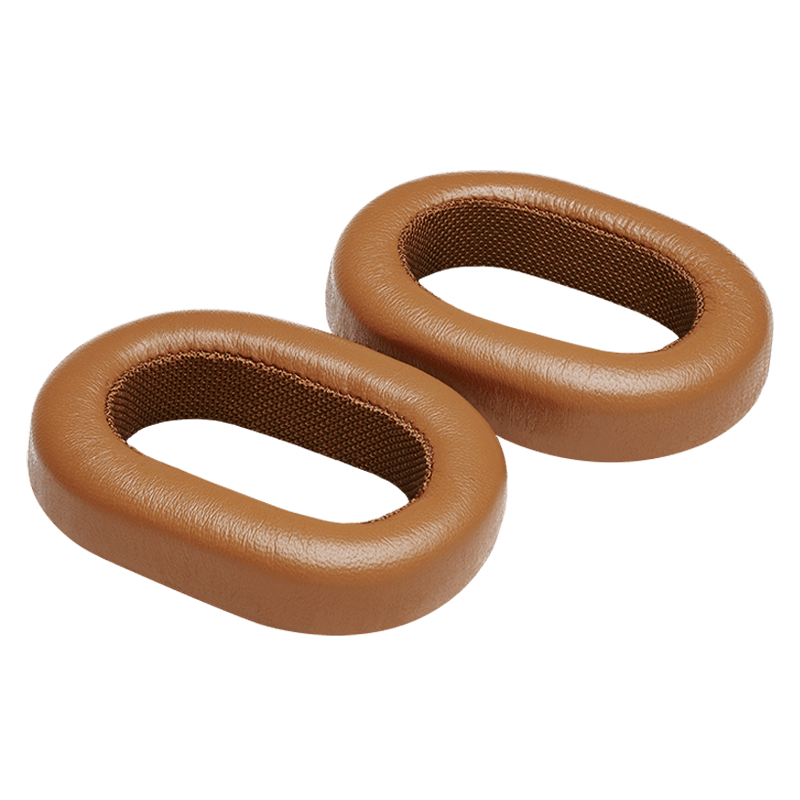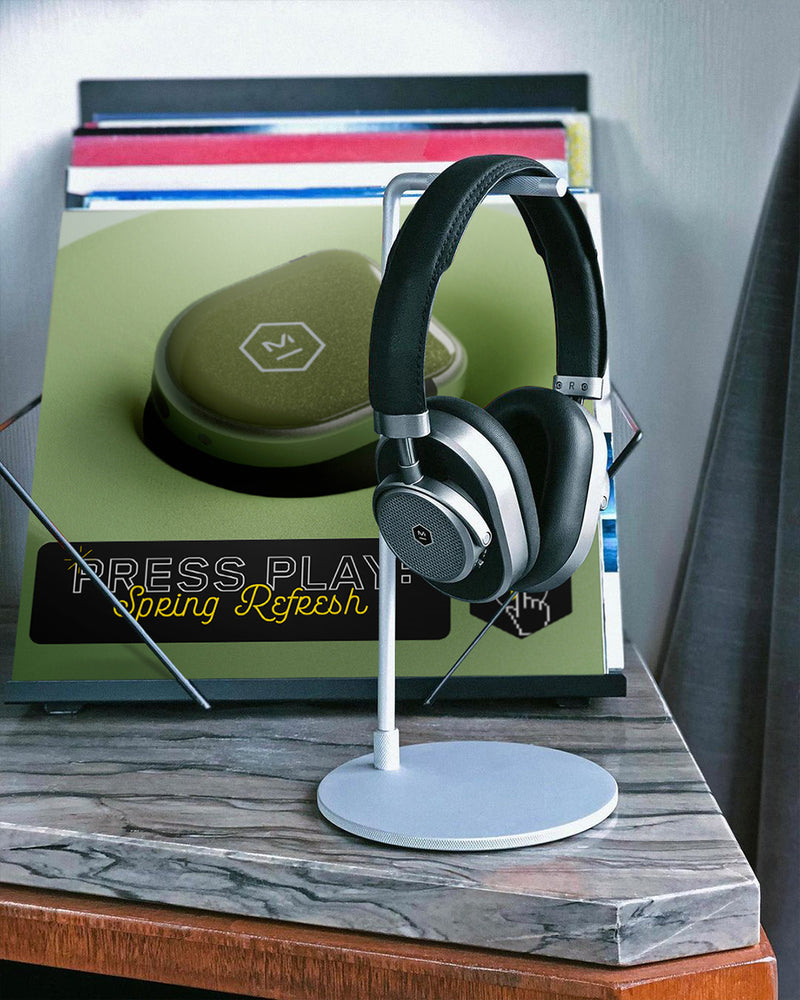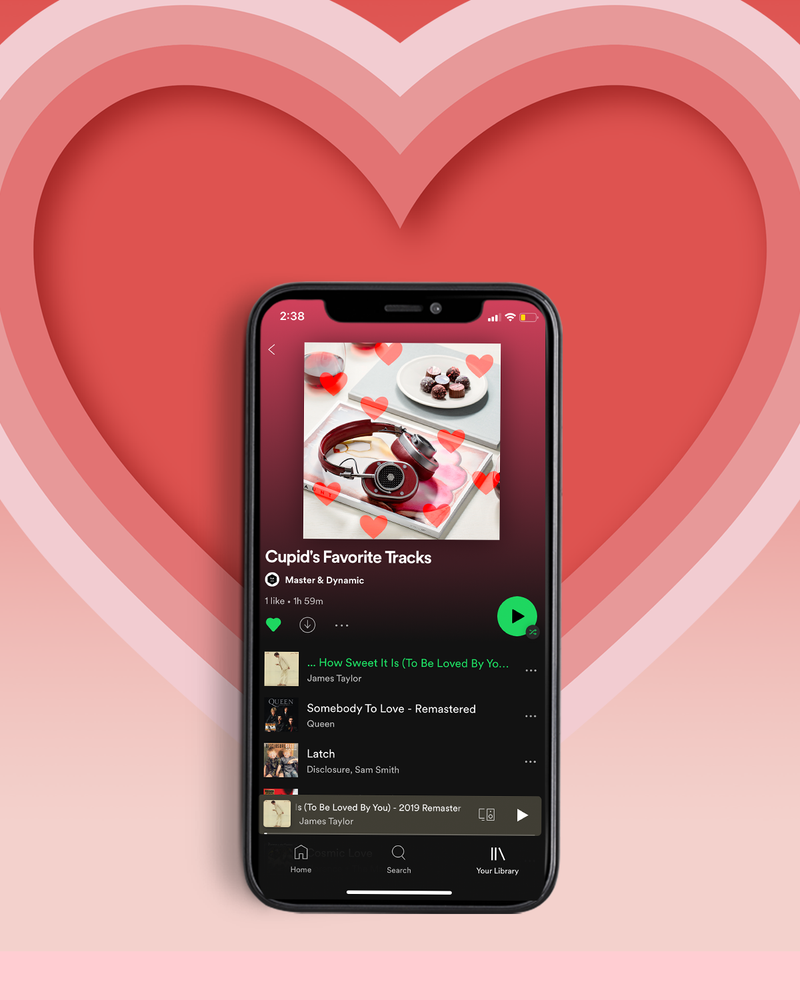We want to know: how does he choose who to photograph?
"I'm an intuitive photographer," Gilden says, "So I respond when I see something I think will make a good picture. But also, what goes into my pictures is me. If I were to go and do corporate types—what am I going to say to them? There's nothing we can talk about. When I go out in the street, the people I photograph—generally there's something that draws me to them. There's something in my past that makes me feel that we have a connection."
How so?
"I had a tough life growing up. Not financially—I didn't want for anything—but emotionally. Because of my parents. And so [in my work], first I dealt with my father; my pictures were my father. If someone had jumped at my father with a flash, he would have knocked them out, because he was a tough guy, a gangster type. And now I'm dealing with my mother, which is the deeper one. It took me my whole lifetime to deal with my mother. It's like a catharsis for me."
When asked more specifically about what he means, Gilden declines to go into detail, but more broadly speaking, says, "I'm interested in the dark side. I'm not interested in people who are average. And I only photograph things that interest me. If I'm not interested, I'm not going do it, because if you're not interested, how can you do it well? So I'm very passionate about what I do."
We get on the subject of passion, and Gilden says, of doing the same thing for fifty years: "It doesn't get easier; it gets harder. Because I don't do it with love; I do it with passion. So when you do something with passion, how long can you keep that passion?"
From where we sit, it's clear Gilden's passion is still alive and well, as he continues, in his seventies, to take incredible photographs of people on the street. "You go out on the street and you don't have to ask anybody to take a picture. You just go out and take pictures. I like to walk, I like to be amongst people, but I don't really want to have any dialogue with anybody. That's why I love the street."







